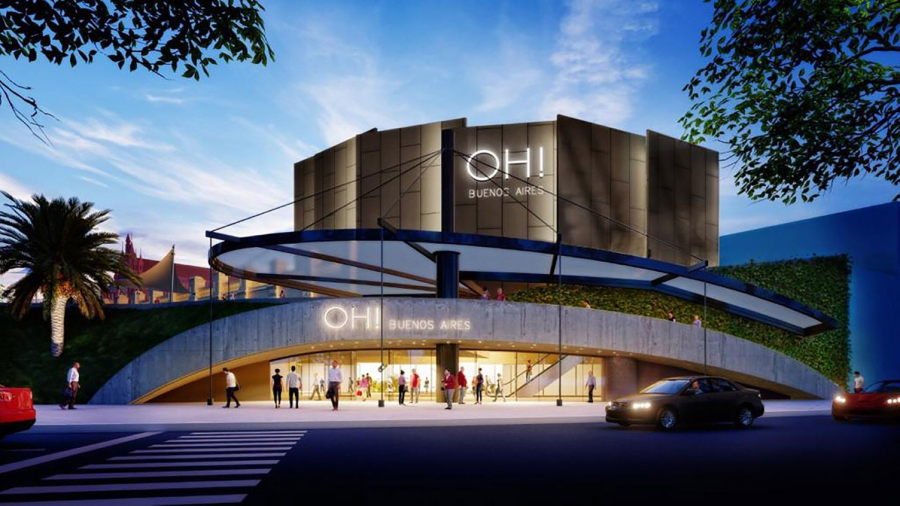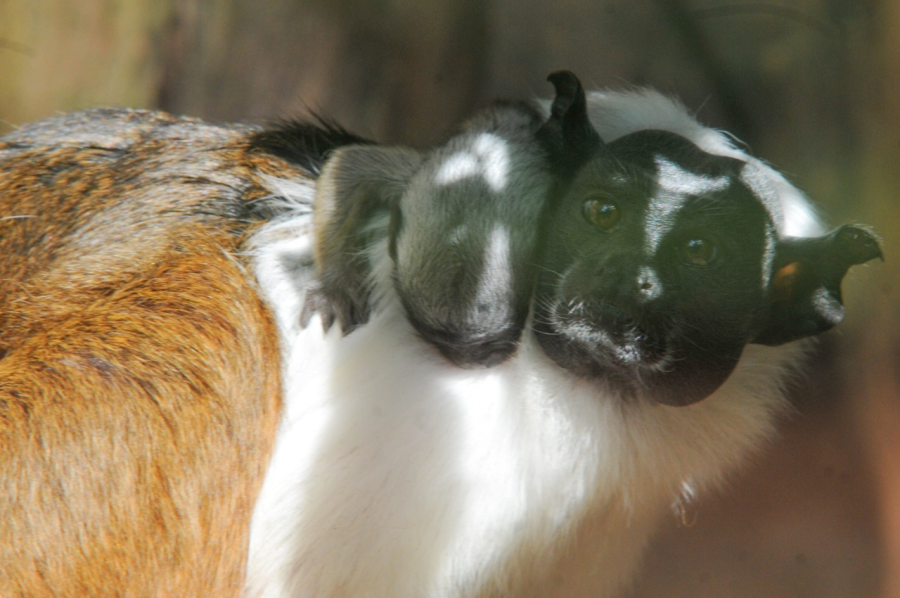Latin America, Caribbean Quick Takes: Argentina to Open Shopping and Entertainment Complex; Endangered Primate Born at Brasília Zoo

Argentina to Open Shopping and Entertainment Complex with COVID-19 Infrastructure
The future looks bright and clean for a reenergized development project coming to Argentina’s capital. Oh! Buenos Aires, an innovative shopping and entertainment complex, is set to open next year in the heart of Recoleta, a popular destination known for its great historical and architectural interest.
The project is billed as a “COVID-19-friendly” complex. Businesses within the complex will feature new sanitization protocols and processes, all of which are incorporated in the complex’s design.
“For example, we will be including thermal cameras, bathrooms with sensors, and controlled cleaning,” says Gabriel Levy, project director and architect.
This summer, Hatzlaja, a group of Panamanian and Uruguayan investors, announced it would invest more than $13 million into the project that is expected to attract younger visitors with simulators, wind tunnels, and rock climbing walls.
“We want to get rid of the traditional shopping concept that was here before and make it an innovative space for entertainment,” says Levy.
Renovations for Oh! Buenos Aires are expected to start at the end of the year.

Endangered Primate Born at Brasília Zoo
A zoo in the heart of Brazil gives a warm welcome to its newest member, a rare and critically endangered baby primate. The pied tamarin (Saguinus bicolor, known as sauim-de-coleira in Brazil) infant was born early this summer after five months of gestation. This is the second time the species has successfully reproduced at the Brasília Zoo. The parents of the baby primate, Tucupi and Amarantos, first paired in 2018 at Brasília Zoo.
In 2017, when the first primate arrived, the zoo prepared a habitat with all the peculiarities of their natural environment.
“Sauim-de-coleira is a species from Amazonas, so they are used to a very humid environment. For this reason, we have prepared a special enclosure for them, with adequate humidity and temperature, glass walls, running water, and lots of vegetation,” explains the zoo’s mammal director Filipe Reis.
The infant is cared for by the parents from birth, as is usual among primates. “It’s still very fragile. We do not manage it so as not to interfere with wild behavior. So, we let the parents take care of everything,” explains Reis. The newborn is expected to have more independence after 6 months of age, and it will be up to the zoo’s social media followers to name the new member, choosing between Tucumã or Jambu.
